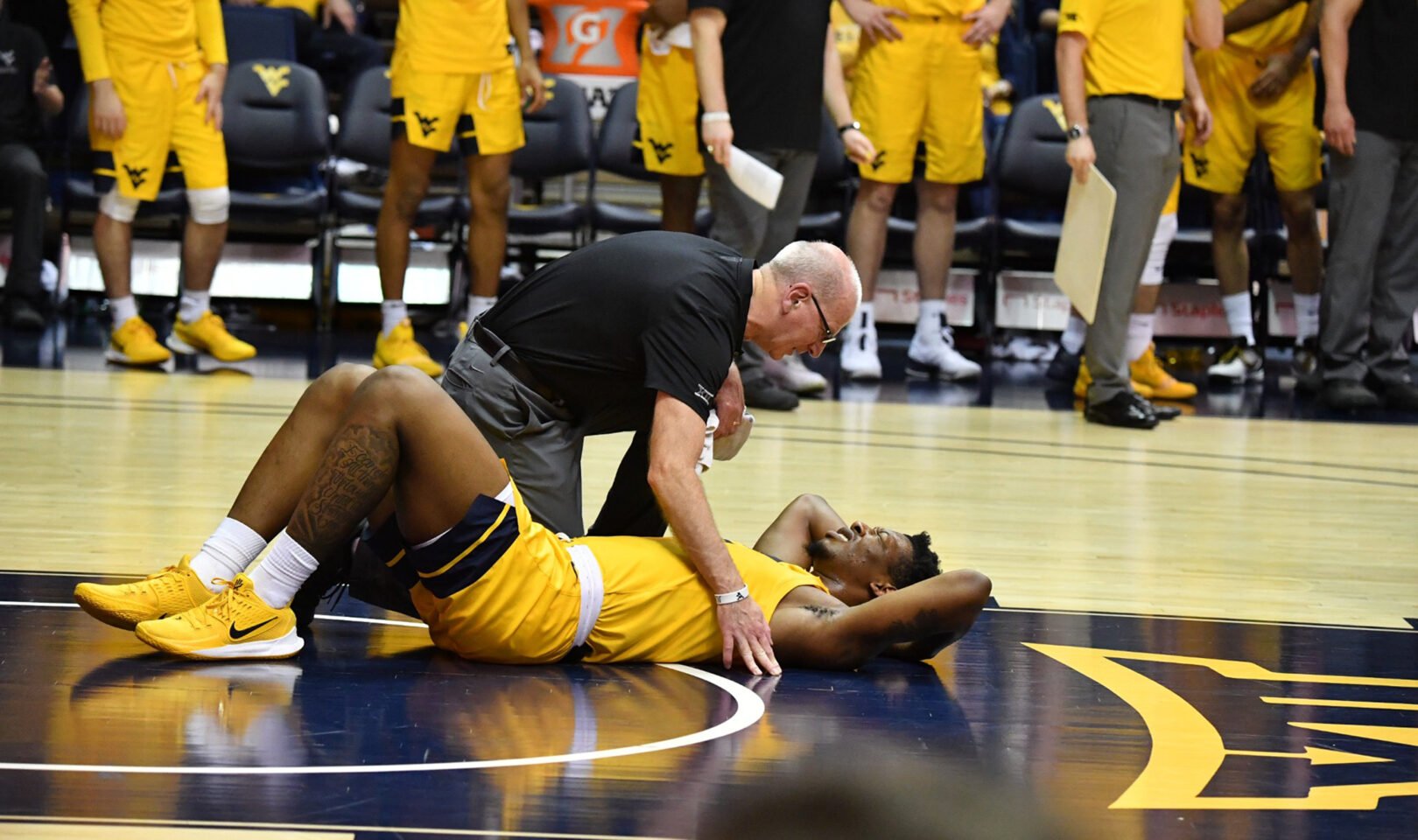Reversing Memory Loss from Head Impacts: New Insights from Recent Study
 A very recent study involving mice, from Georgetown University Medical Center and Trinity College Dublin, published in The Journal of Neuroscience on January 16, 2024, offers new insights into memory loss caused by repeated head impacts, a common concern for athletes.
A very recent study involving mice, from Georgetown University Medical Center and Trinity College Dublin, published in The Journal of Neuroscience on January 16, 2024, offers new insights into memory loss caused by repeated head impacts, a common concern for athletes.
 This research potentially paves the way for reversing cognitive impairments in humans resulting from similar injuries.
This research potentially paves the way for reversing cognitive impairments in humans resulting from similar injuries.
The study's senior investigator, Mark Burns, Ph.D., a professor and Vice-Chair in Georgetown's Department of Neuroscience and director of the Laboratory for Brain Injury and Dementia, emphasized the significance of this research. Said Burns:
"Our research gives us hope that we can design treatments to return the head-impact brain to its normal condition and recover cognitive function in humans that have poor memory caused by repeated head impacts."
Researchers discovered that memory loss and amnesia following head injury are linked to the inadequate reactivation of neurons involved in forming memories.
This finding is crucial as it indicates that the memory loss isn't a permanent pathological event driven by neurodegenerative diseases but can be reversed, allowing the recovery of forgotten memories.
In the study, two groups of mice were trained in a new test. One group underwent a week of mild head impacts mimicking the exposure experienced by college football players, while the control group did not. The impacted mice showed an inability to recall the new memory a week later, highlighting the effect of head impacts on memory retention.
Using genetically modified mice, researchers were able to identify the neurons involved in learning new memories. The study's first author, Daniel P. Chapman, Ph.D., explained that they found these memory neurons were equally present in both the control and experimental mice.
However, the head impact mice couldn't activate their memory engram when exposed to the room where they first learned the memory, leading to amnesia.
The researchers successfully reversed this amnesia in mice using laser activation of the engram cells. Although this technique isn't directly applicable to humans, it opens the door for further exploration into non-invasive methods.
Burns added:
"We are currently studying a number of non-invasive techniques to try to communicate to the brain that it is no longer in danger."
This study not only adds to our understanding of the brain's response to head impacts but also offers a glimmer of hope for those suffering from memory issues due to repeated head trauma.
Link to the study!
![HR Logo [Recovered]_Full Color Vertical-1](https://blog.healthyroster.com/hs-fs/hubfs/HR%20Logo%20%5BRecovered%5D_Full%20Color%20Vertical-1.png?width=199&height=178&name=HR%20Logo%20%5BRecovered%5D_Full%20Color%20Vertical-1.png)
 By
By


